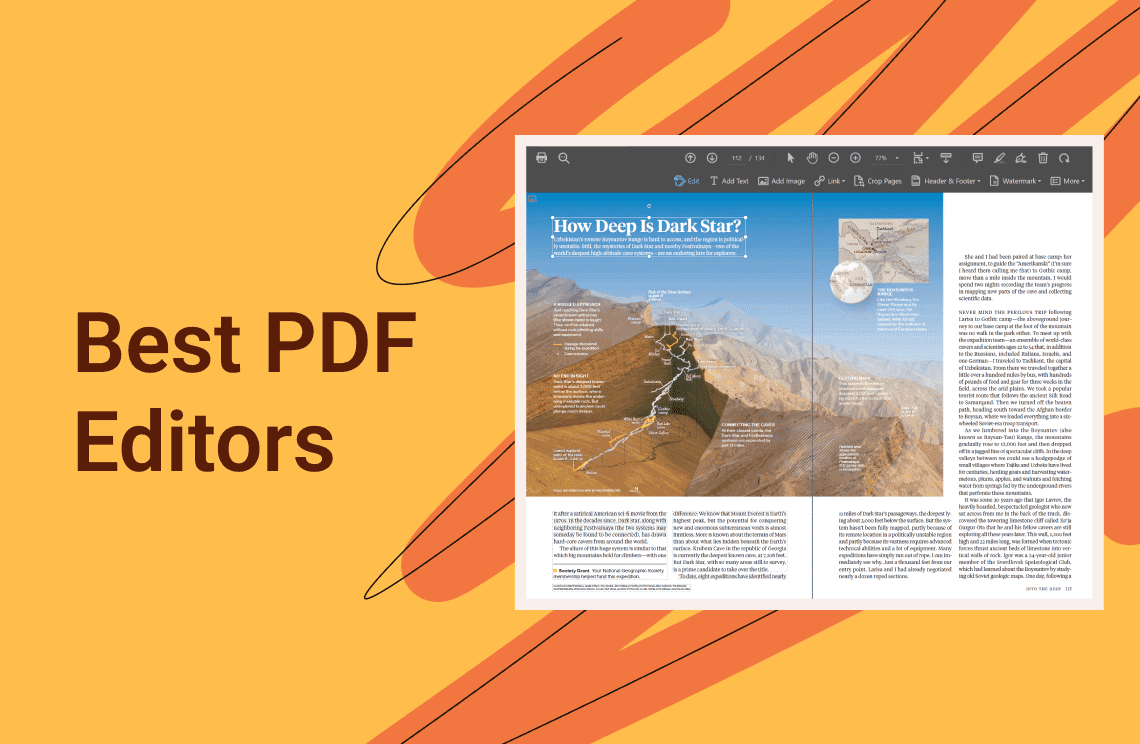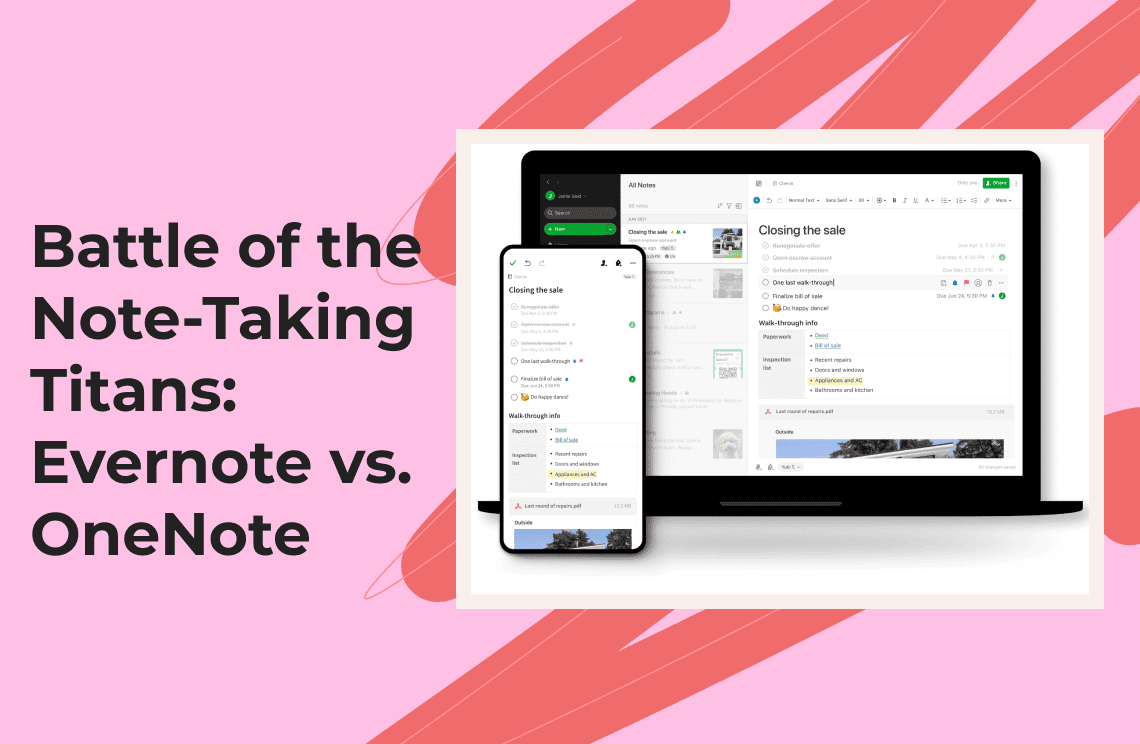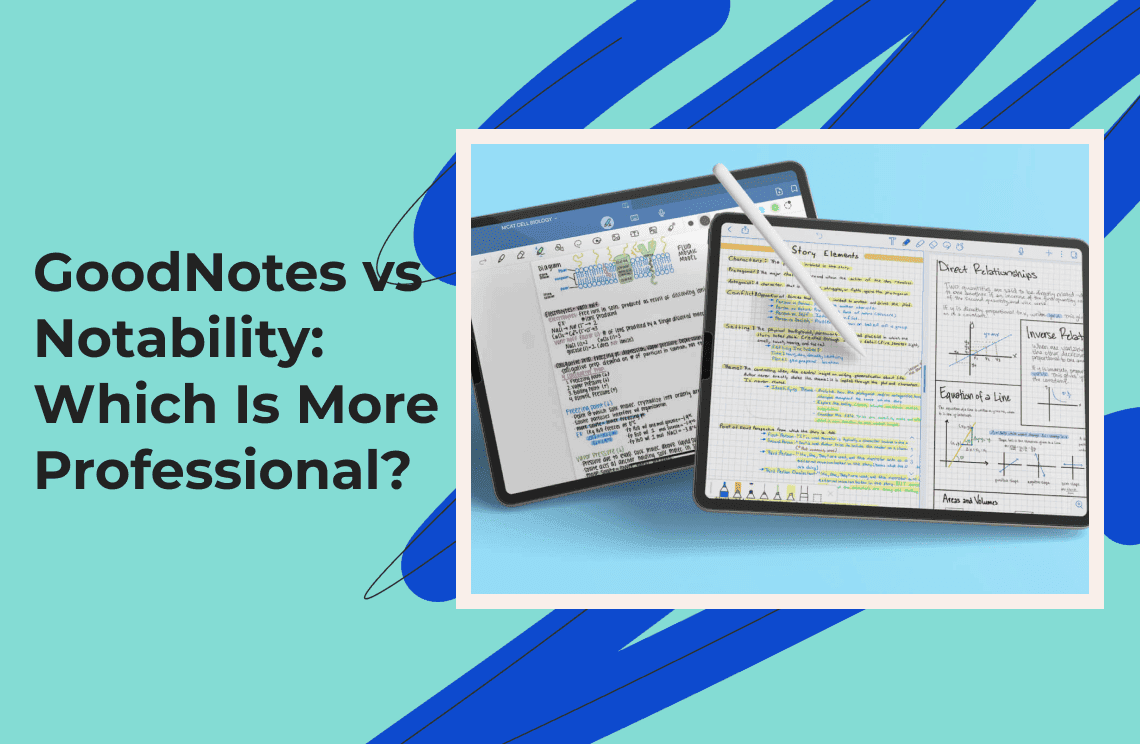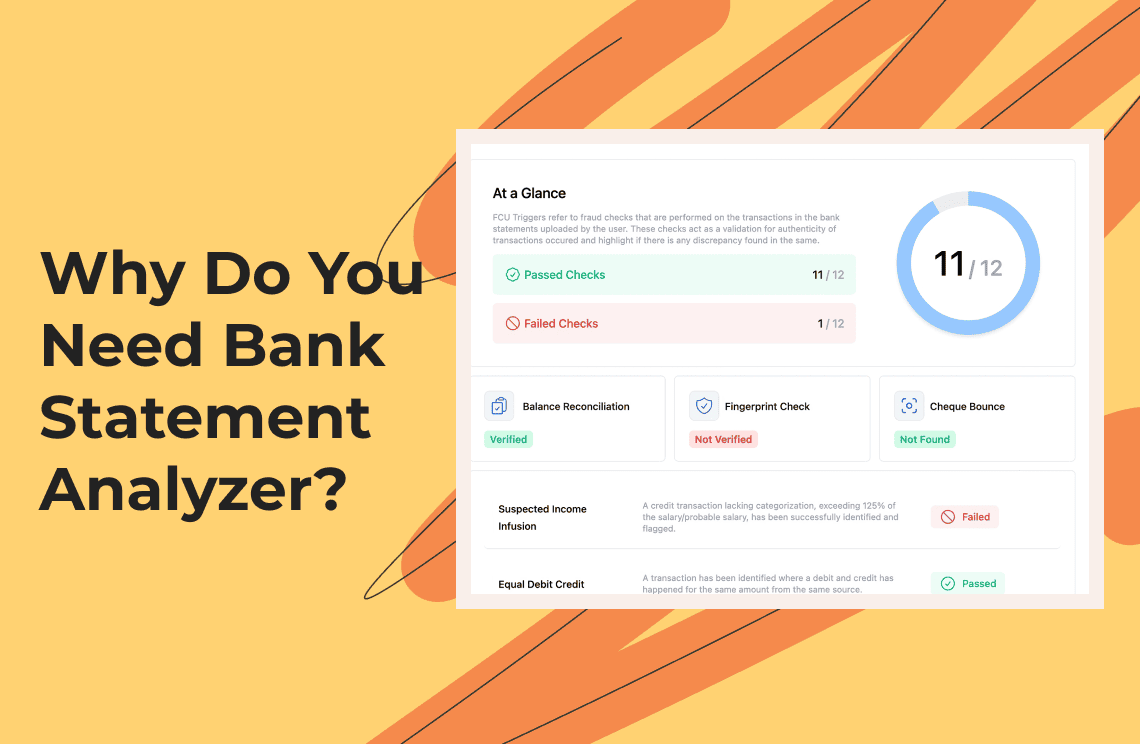Have you heard about candidate relationship management? Do you know how firms handle the management of candidate relationships in their organizations or why it is even important to do so? In this article we throw more light on this concept and how it can serve the best interests of organizations and entrepreneurs.
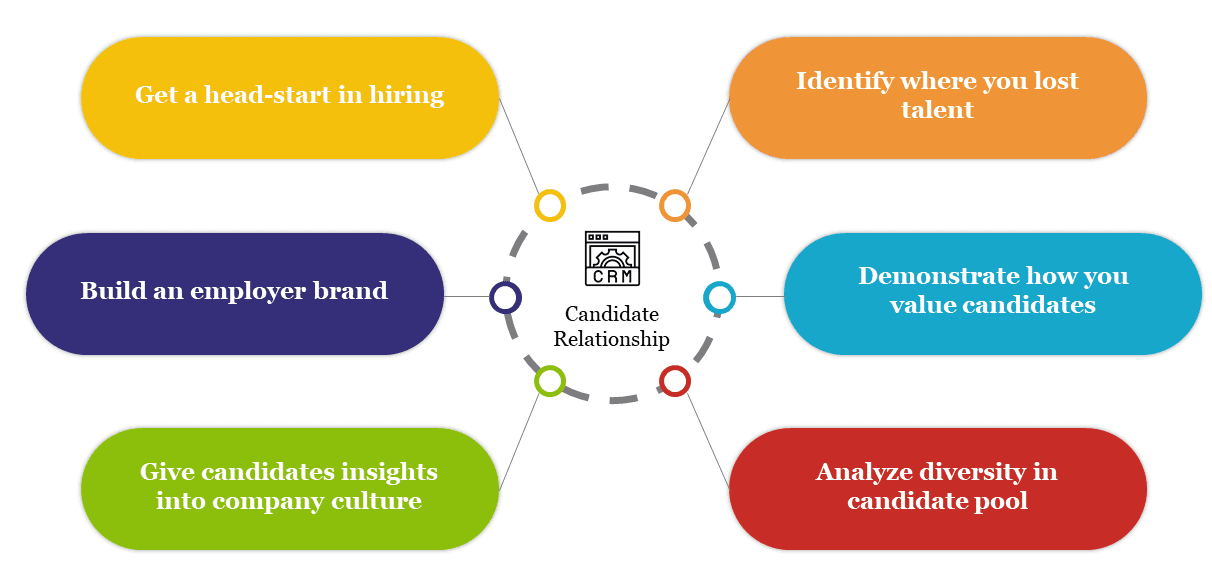
What Does Candidate Relationship Management Mean?
Candidate relationship management or CRM (which should not be mistaken for customer relationship management) is a method used by recruiters and employers of labor to define the experience and skill levels of candidates. They are used during recruitment cycles by employers to create a talent pipeline.
This pipeline is filled with active and passive candidates including former candidates who may not have been employed in the past but have the potential to land the role in the future. It segments candidates into different segments like remote workers, gig workers, full-time employees, and hourly workers.
The average employment time frame in the US is 24 days while in other Western countries, it ranges from 20-31 days. However, some roles take several months to fill and the longer the recruitment search lasts, the higher the potential revenue loss. So firms prefer to maximize their chances by maintaining a recruitment database so they can get to know and track potential candidates heading into the future.
Why Is Candidate Relationship Management Vital for Organizations?
Human resource experts will tell you that how a firm manages its relationship with potential job candidates will determine how the candidates will perform should they become permanent employees. Their interaction will define the employee's experience on so many levels. From the moment the first contact is made, the employee (previously a candidate) will begin to form an opinion of the organization. For more traditional roles the candidate will respond based on what they perceive so while they try to sell themselves to the employer, CRM motivates employers to also sell themselves to the candidate as well.
Overall, CRM gives employers a headstart in their bid to hire high-value candidates, especially for very important roles.
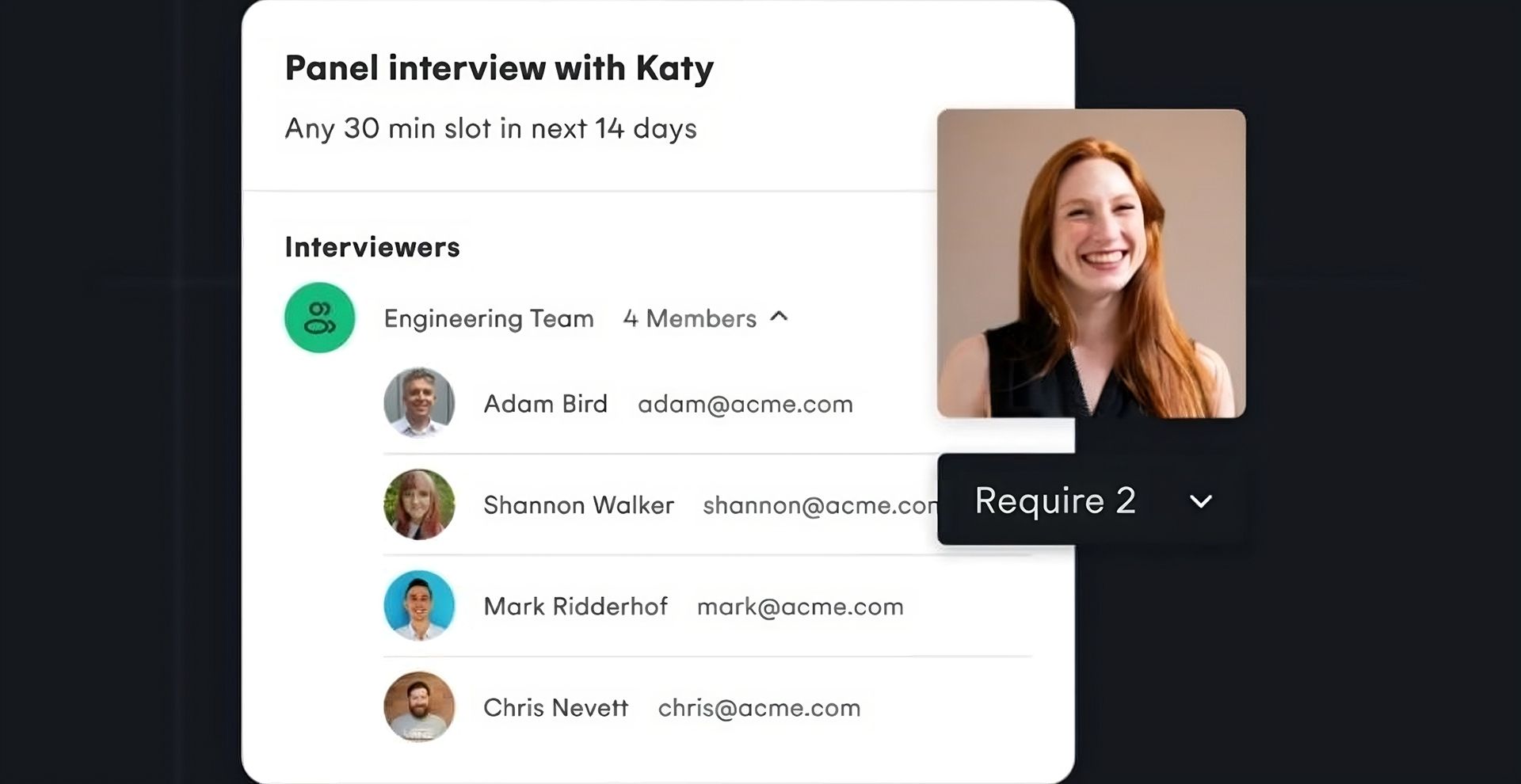
Hiring the Best for Emerging Roles
The business environment is very competitive and humans are the most valuable resource any firm can have. Layoffs happen frequently in the job market and firms who want to stay at the top are known to either poach talent or snap up talent that have been laid off by their competitors. CRM allows firms to build a database of candidates even if they already work elsewhere and should they become available, they can reach out to them and hire them if they consider them to be of high value.
Great for Branding
Companies can brand their business image in so many ways and one of the ways to do that is also employer branding. If you have a track record of treating your employees well from the beginning of the recruitment cycle the word will get out that you are a good brand worth working for.
Such positive interactions will reflect greatly on your brand image and many top talents will be jostling to work for you. Whenever job seekers are looking for jobs, many turn to employer reviews to see what old and new staff are saying about them. They want to know the work culture, the value system, and the quality of human resource management. With the aid of candidate relationship management, employers can build a brand that will attract the best brains for openings.
Insight into Company Culture
CRM is a tool that gives candidates much-needed insights into the culture of a potential employer. If you show through proper CRM that you can make them better after they are hired they will be more engaged and open to working with your organization. It is also a sign that your organization will be passionate about their career growth.
It Analyzes Talent Loss
Another importance of this tool is how it helps firms analyze talent loss and identify the point where they lost the talent in question during the recruitment phase. CRM will analyze every point using data and help managers identify the dropout point.
Nurture Value
Besides identifying and tracking good candidates for emerging roles also helps managers nurture them into maturity. That you have decided not to pick a candidate for a role doesn't mean they should be forgotten. Instead, CRM will help the recruiter keep in touch to let them know they will be considered for future roles if and when they appear. Or better still, advise them to change their profiles so they can come back for a different role. This move will make the candidate feel valued and will motivate them to consider your organization for the future.
Demography and Diversity Analysis
For firms with a large workforce, candidate relationship management can be a great tool to analyze the talent pipeline across an expansive demography. You can make changes to your recruitment policy which will in turn influence your recruitment drive for the future. This helps to target specific types of candidates based on set metrics.
What Should a Hood CRM Have?
Updated Profiles: A good CRM should maintain updated profiles for each candidate, including multiple forms of contact like phone numbers, email addresses, and postal addresses. This ensures that recruiters can reach candidates efficiently through their preferred communication channels and fosters effective interactions throughout the recruitment process, improving both response times and candidate satisfaction.
Resume Review: An excellent CRM system should quickly and accurately review numerous candidate profiles in a short time. This capability enables recruiters to efficiently match candidates to job openings, reducing hiring timelines. Automated resume parsing and keyword filtering streamline this process, ensuring recruiters identify the best candidates for available positions with minimal effort.
Automation: This is an essential feature of a very good CRM system. It should be able to automate actions and update new information when due. Automation is a critical feature of a high-quality CRM system. It should streamline repetitive tasks such as sending follow-up emails, updating candidate statuses, and scheduling interviews. By automating these actions, recruiters save time and focus on more strategic activities, ultimately enhancing productivity and improving the candidate experience.
Rating: A reliable CRM should allow recruiters to rate candidates based on their skills, experience, and relevance to job openings. This rating system helps prioritize top candidates when new opportunities arise. It also enables recruiters to maintain an organized database for future reference, ensuring qualified candidates are not overlooked during hiring.
Talent Pool Creation: The best systems do more than the management of candidate relationships. They create talent pools for roles for different departments, units, etc., and integrate them into future decisions. With more than enough potential candidates in the mix the recruiter will have more than enough to contact for roles especially when under strict recruitment deadlines.
Conclusion
A candidate relationship management system is a tool that helps recruiters manage their interactions with potential job candidates. It is used to define experience and skill levels based on the job requirements. CRM systems create and store candidate profiles that they can consult at any point in time during a recruitment process. With an efficient system in place, the organization will not have a hard time filling job roles or finding the best talent for new openings.


